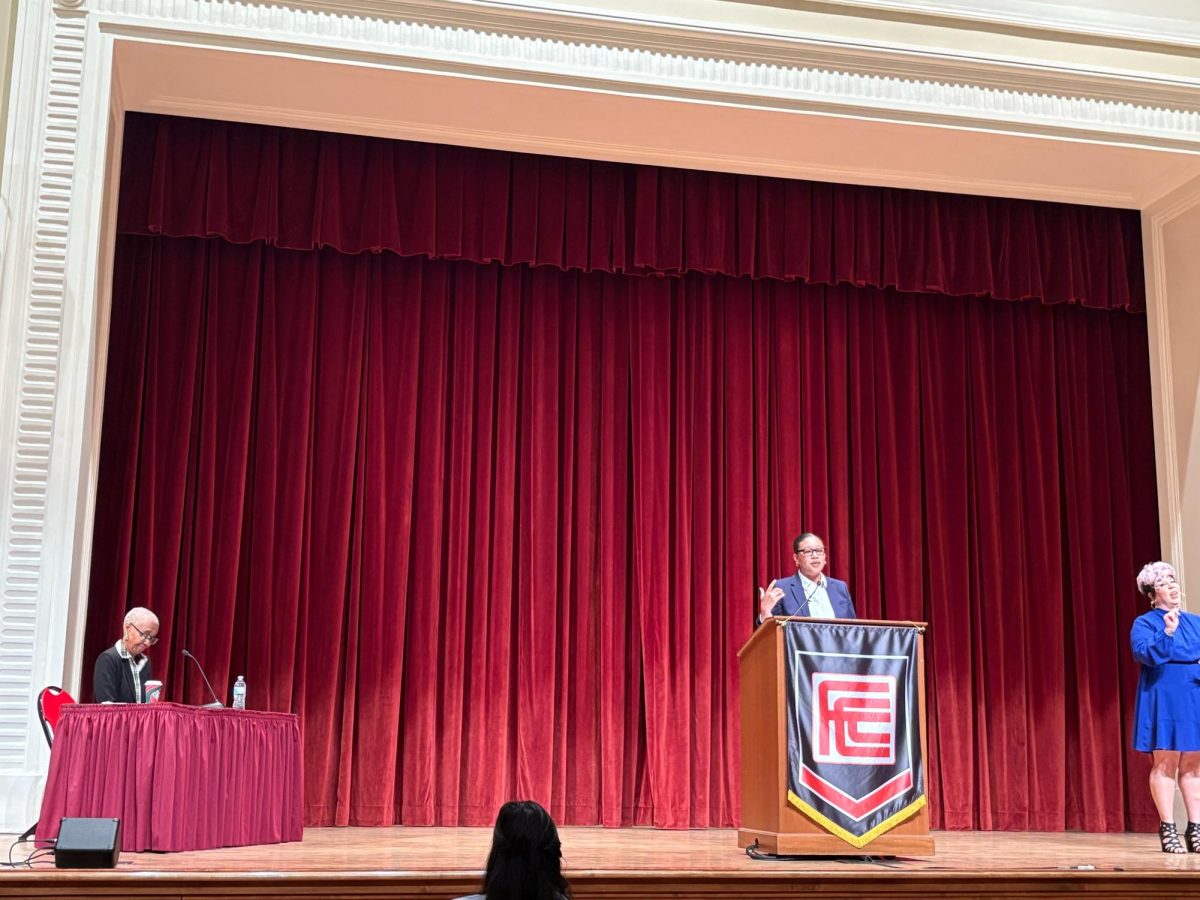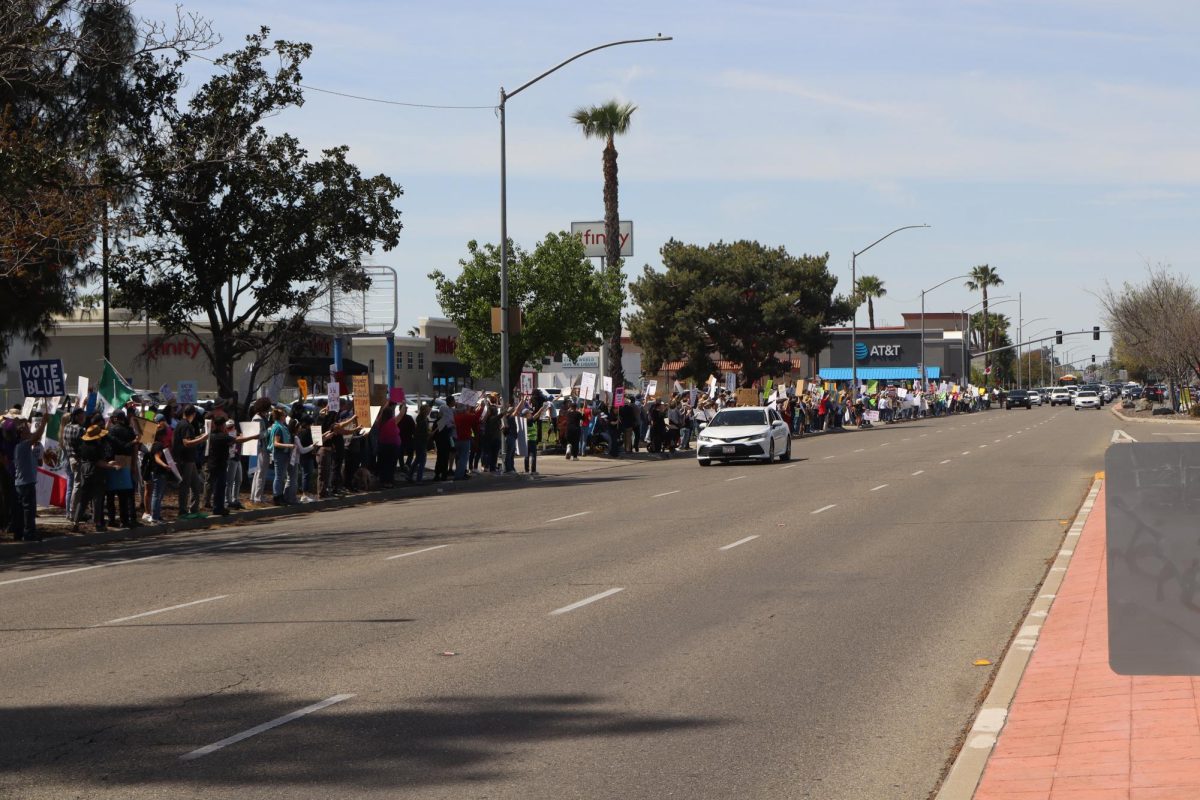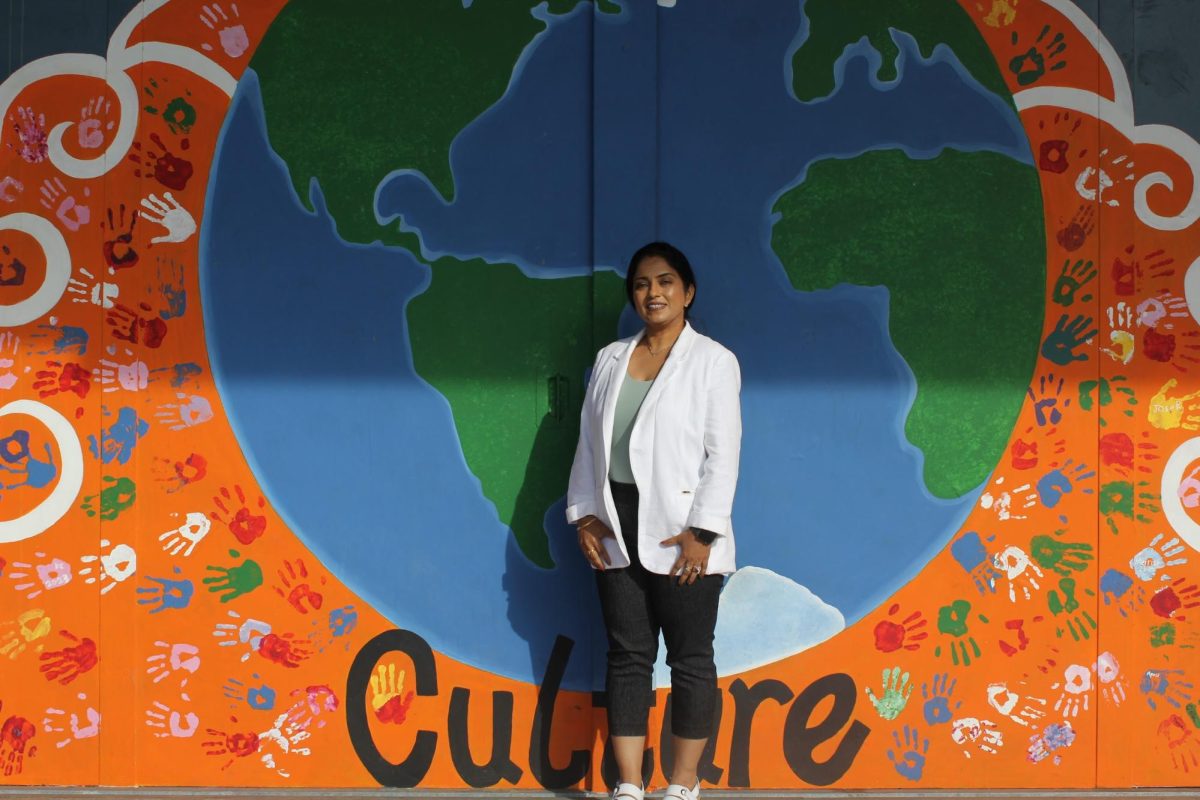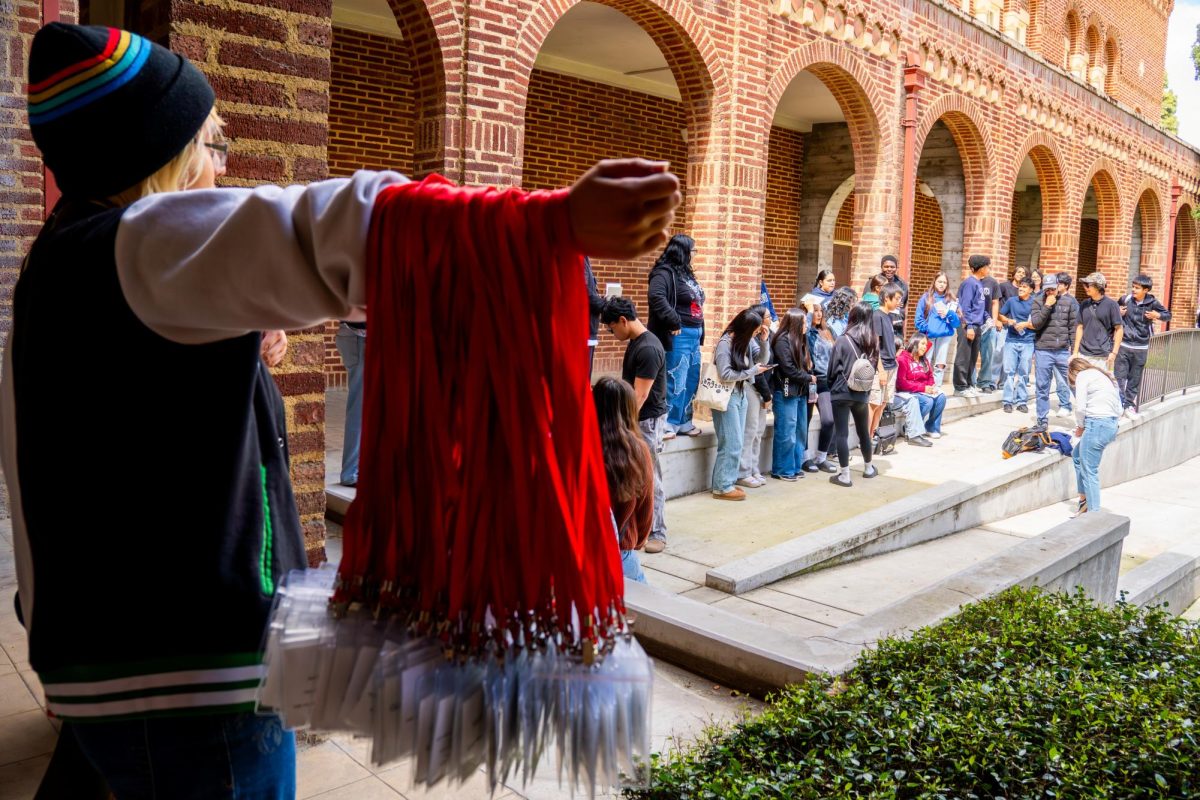Since its inception, the Disabled Students Program and Services has made it the mission of the campus to not only welcome disabled students but to give them the education and experience that each student is entitled to.
The program began in 1970 with 30 students enrolled and receiving a Fresno City College education. Today, Fresno City College currently aids upwards of 2,500 students in achieving their goals of a higher education.
In its infancy, the main issue for the Disabled Students Program and Services lied in gaining access to education and resources for students with disabilities. Dr. Janice Emerzian, Director of the Disabled Students Program and Services, shared the experience of how this program has become rooted into Fresno City College’s history and future.
“Access is always an issue. That will never stop. We always are working with the faculty and the administration to gain access for our students. Again, not just program access, but physical access as well,” Emerzian said.
Rights and access being simultaneous goals, the DPS&S program was working with the administration on ways to make the campus accessible to the disabled students. Being that the Americans with Disabilities Act (ADA) had not yet been set into motion, there were no ramps or widened doorways.
Originally enacted by the United States Congress in 1990, the ADA is a law that prohibits discrimination based on disability. The ADA defines the term disability as “a physical or mental impairment that substantially limits one or more major life activities”. This definition may be found under the amended ADA under Title 42 “The Public Health and Welfare”, section 12102.
The ADA has numerous codes and regulations for the structuring of construction, renovation and accessibility. Being that one of the key campaigns for Fresno City College’s DSP&S program is campus accessibility, it is subject to those codes and regulations as demanded by federal law.
Furthermore, the DSP&S program has been anxiously awaiting its move to the flat administration building on campus. This move will make the offices of the DSP&S faculty staff as well as its programs more readily accessible to the students the program serves.
“We are being told that we will be moving by the end of December and by the end of winter break,” Emerzian said.
This move is a milestone for DSP&S as the renovations will allow for all of the services offered by DSP&S to be centrally located in the flat administration building so that the ease of access is greater to the students.
The goal of DSP&S as previously stated is to give students the education that they are entitled to and the students are taking advantage of each and every opportunity presented to them.
Peggy Johnson, a 60 year old Computer Graphics and Animations major, is working her way through her courses with the assistance of the Disabled Students program and Services.
On Oct. 14, 1978, Johnson suffered five gunshot wounds that left her in a motorized wheelchair for life. Then a 26-year-old mother of 5, Johnson did not have the opportunity to continue her education.
After raising her 5 children, Johnson ended up raising her grandchildren before being able to come back to school to finish her education.
“So, I was only able to come back in 2008 and to further my education,” Johnson said.
Johnson finds DSP&S program helpful when it comes to classes and the necessities in the classroom. One of the resources that Johnson believes makes a difference is the counselors. She discussed the idea of working together with the counselors and how they may be overloaded but still take the time to see students one-on-one. Johnson describes her relationship with her counselor as more than counselor to student.
“We bump heads sometimes, and that is a relationship,” Johnson says of her counselor, Leslie Silva. “You are going to bump heads. That is what we have, a relationship. Not as a counselor and student but as friends.”
In the course of her education here at FCC, Johnson has witnessed the changes that have taken place over the course of the past three years.
“There have been many many changes on campus, especially with getting into classrooms. It is just better,” Johnson says.
Other students across the campus enrolled in the program have been furthering their education with the aid of the program such as Mike Malvestuto, a 37-year-old majoring in Accounting and Computer Sciences.
Injured in a swimming accident that damaged his spine, Malvestuto is in a motorized wheelchair but when it comes to his education he is taking the steps necessary to continue.
Having been at FCC for 7 years as a part time student, Malvestuto is grateful for the patience of the faculty and staff as well as DSP&S and the opportunities afforded him by the program.
“I think it has given me more opportunity. I cannot speak for anywhere else but I think they have been very patient too. To be honest, when I started I did not take it seriously. I have been doing this for 7 years and that is a lot of patience to have with someone even though they are disabled,” Malvestuto says.
When talking about opportunities that the DSP&S program has afforded him, Malvestuto said that another asset was the financial aid.
“The price to go to school is very expensive, so the biggest opportunity is financial aid. It has given me more freedom and opportunities than other students receive,” said Malvestuto.
The DSP&S program offers many services to its students, financial aid being one of them. Other programs ranging from special classes to special accommodations, all the way to a High-Tech center, leave ample opportunities for success among the disabled community at FCC. A complete list of programs and services offered by DSP&S is available on the FCC website.





